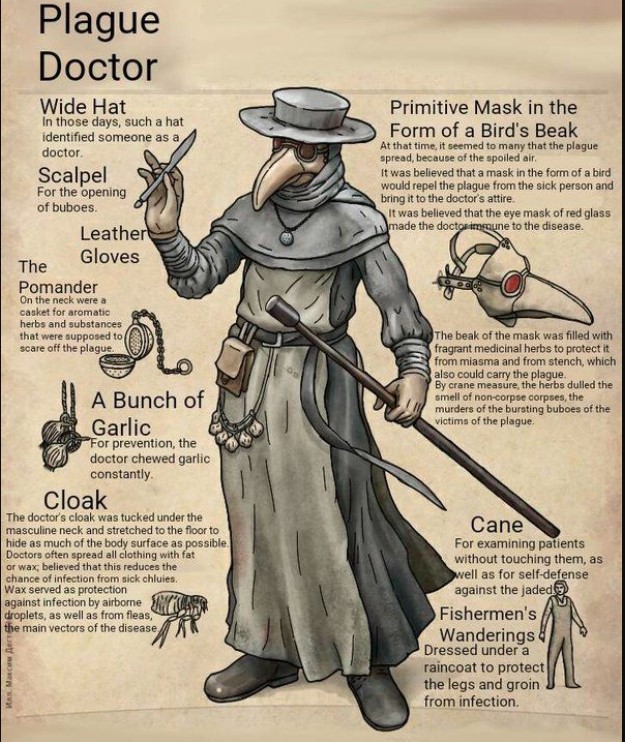RE: Cormac McCarthy’s The Passenger and Stella Maris
Reality is not what it used to be. That is, a rational pattern to be discovered even though sometimes the pattern or some of its pieces are hidden. For eons we have spoken of the Gordian Knot, which is difficult to untie, but success through personal effort is achievable. We can figure out its pattern. Bildungsroman is an artificial construct to teach the trials, tribulations, and ultimate success in achieving personal maturity and societal inclusion. It may take awhile, but we can figure out its pattern.
The findings in science (in McCarthy’s The Passenger and Stella Maris, mathematics and physics) increasingly reveal that no patterns exist for us. All is electro-magnetic energy. For now, we cannot wrap our minds around a no-pattern existence, which includes no predetermined purpose, so we continue to search for the pattern as if it is within a puzzle, even after we know that most of the missing pieces of the puzzle never existed. We still agonize over discovering answers: What is real? Who am I? Why am I here?
The answers provided by Science are disconcerting at best:
What is reality? What I make of it.
Who am I? I am whatever I am for as long as I am.
Why am I here? Because I am here.
Nothing more. Maybe less.
Of course, those answers throw some of us into mental pandemonium followed by existential angst or even deeper, nihilism.
Two Main Characters
Two main characters in The Passenger and Stella Maris cannot find answers to their unanswerable questions. Both free-dive. Alicia, a nihilist, cannot pull herself out of the pit and commits suicide. Her brother, Bobby, more existential than nihilistic, withdraws, isolates on a Spanish island, and wallows in his angst pit. Near the end of The Passenger, presumably in a dream, Bobby meets with his dead friend, John Sheddan, in a vacant theatre. His friend advises him thus:
To prepare for any struggle is largely a work of unburdening oneself. If you carry your past into battle you are riding to your death. Austerity lifts the heart and focuses the vision. Travel light. A few ideas are enough. Every remedy for loneliness only postpones it. And that day is coming in which there will be no remedy at all. I wish you calm waters…. We will not meet again.
Not long afterward, Bobby’s wallowing in the dark pit ignites flickering glimmers of hope. Although he thinks to himself, “I will see her (Alicia’s) face again when I die,” there is no sense of hurry on his part. He begins again to read scientific papers; he begins again to work on mathematical equations.
Third Main Character
The Kid is a third major character. In Chapter 1, The Passenger, Alicia asks The Kid, “Who are you and why are you here?” Those two questions (and their corollaries: Who am I and Why am I here?) are attributable to nearly every major-minor character, as well as Alicia and her brother, Bobby.
The Kid, in apposition to the negative charge of Alicia, replies in his convoluted style that he and his entourage are there and have been there from the beginning, to save her. He offers his advise: You ask me, ‘…what is it that’s in the in-between that you’d like to mess with but cant see…’ Dunno. ‘How come this and how come that?’ I don’t know. You send stuff out but you don’t know where it’s been when you get it back…No need to get your knickers in a twist.”
A frustrated mentor, The Kid advises Alicia to avoid demanding answers to unanswerable questions, to stay with what is workable, to accept not knowing it all and adjust. “My job is to save you.” He failed, obviously, but that, evidently, is the assigned responsibility of him and his entourage. Assigned by whom? I don’t know. He leaves reluctantly; both he and Alicia know that they will not meet again.
The only time Alicia speaks with gentle fondness of The Kid is at the end of her stay in Stella Maris. Yes, she misses The Kid. She is sorry she did not respond to his last “goodbye.” The Kid is Alicia’s guide, whose help she would not accept. Why? I don’t know. Neither would she accept the medication to prevent his appearance. Why? Presumably because she believes in his realness. What does “realness” mean here? I don’t know. “It’s complicated,” Alicia says.
Incidentally, readers chagrined by the failure to learn the answer to their question, Who is the missing passenger? should take consolation in knowing that the most common answer to the many questions in both books seems to be “I don’t know.” Reality is not what it used to be.
Perhaps, A Sequel To The Passenger
Even if I knew that tomorrow the world would go to pieces, I would still plant my apple tree.
–Martin Luther, 16th century
Perhaps, Bobby, unlike Alicia, will accept a guide, claw his way out of his pit, and move on. He could conceivably formulate his thoughts thusly:
So, if there is no purpose, predetermined or othewise, then that means that I am my own savior. If I must start over from square one, then so be it, but I will incorporate everything that is available. My faith is in science and technology; my purpose is to make them work for the good of humanity; my reason is because I am here.
Such determinism by those who embrace science and technology leads humanity to the next evolutionary level.
–finis–
Next 1 I have decided not to pursue this one. The topic seems obvious.
Existentialism-Nihilism Continuum: Cormac McCarthy’s Latest Books
Life’s but a walking shadow, a poor player That struts and frets his hour upon the stage And then is heard no more. It is a tale Told by an idiot, full of sound and fury Signifying nothing.
–Shakespeare, MacBeth
This is the way the world ends.
This is the way the world ends.
This is the way the world ends.
Not with a bang, but a whimper.
–T.S. Eliot, The Hollow Men
Next 2: This will take a while, if it happens at all. Much can be said. Perhaps another will pick it up and run with it.
The Metaphysical in Cormac McCarthy’s The Passenger
Dreams and Spiritual Guides




